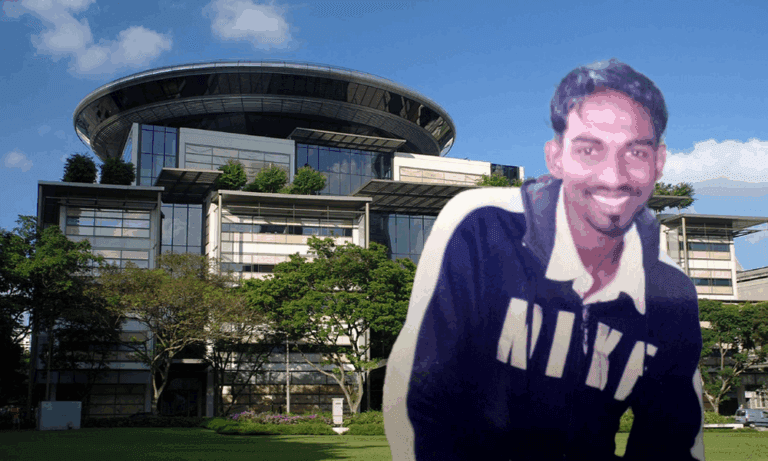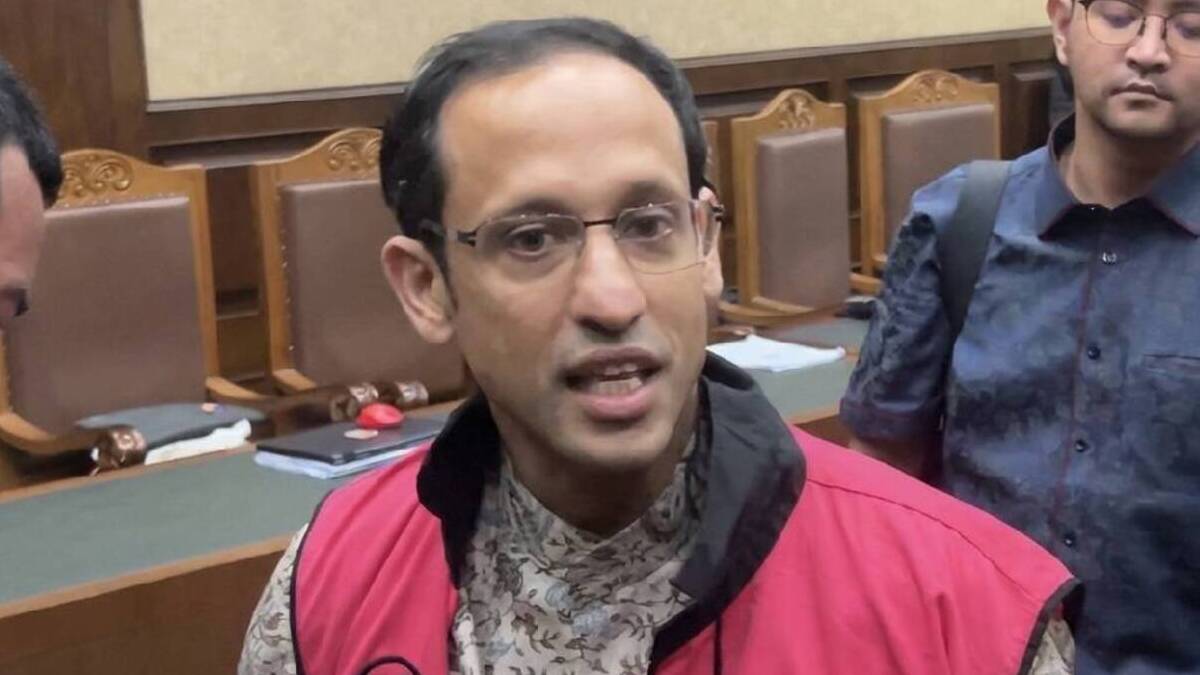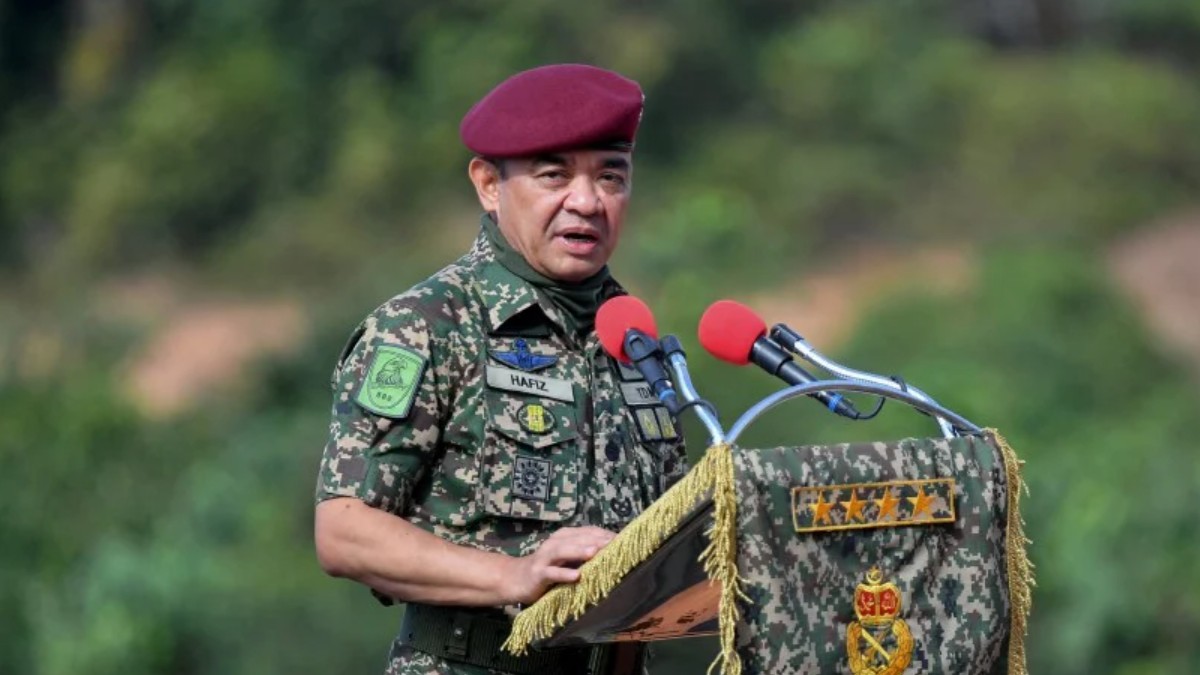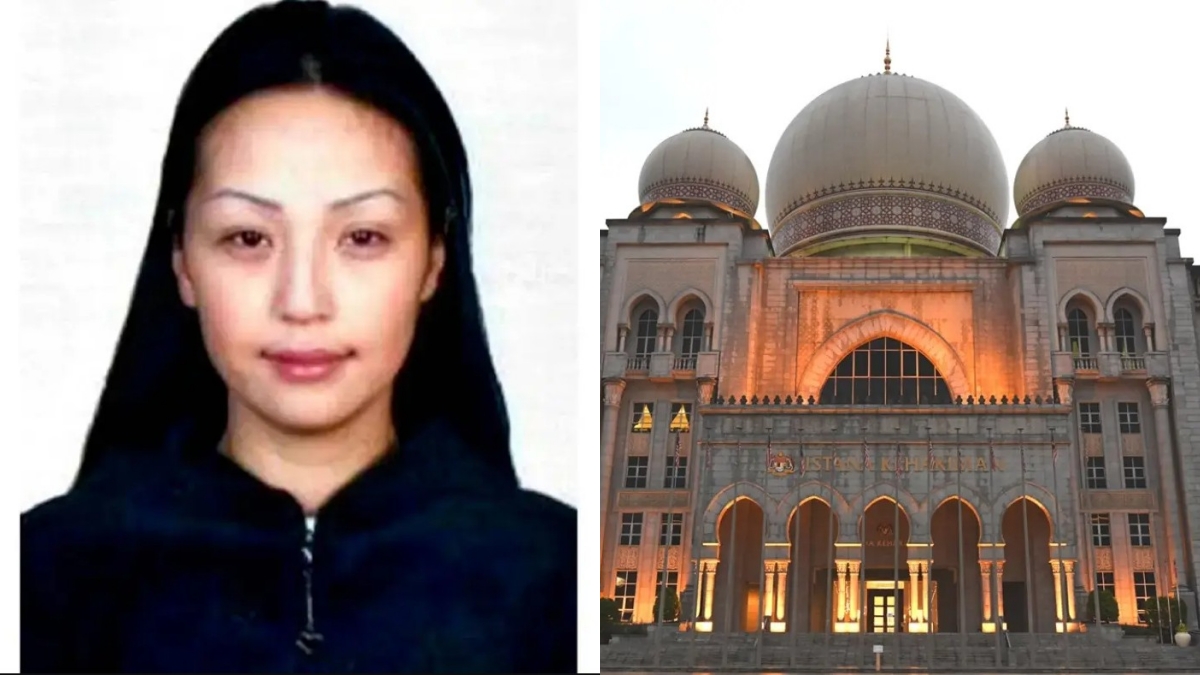Singapore Court of Appeal reserves judgment in Pannir Selvam post-appeal case
The Singapore Court of Appeal has reserved judgment in the post-appeal case of Malaysian death-row inmate Pannir Selvam Pranthaman. The case questions whether the Ministry of Home Affairs’ execution scheduling policy discriminates between state-led and non-state proceedings, potentially breaching Article 12 of the Constitution. Pannir Selvam, sentenced to death in 2017 for drug trafficking, has had multiple stays of execution while challenging the application of the policy and the rejection of his clemency plea.

- The court is assessing whether MHA’s execution scheduling policy unfairly distinguishes between state-led and non-state legal proceedings, raising constitutional equal protection concerns under Article 12.
- Pannir Selvam has been granted repeated stays of execution pending post-appeal applications, highlighting ongoing legal scrutiny of execution procedures and potential broader implications for Singapore’s capital punishment framework.
SINGAPORE – The Singapore Court of Appeal has reserved judgment in a high-profile case involving Malaysian death-row inmate Pannir Selvam Pranthaman, following a second hearing on his post-appeal application on 6 August 2025.
The court’s decision to reserve judgment extends Pannir Selvam’s reprieve from execution while legal questions are considered regarding the equal application of execution scheduling policies under Singapore’s Constitution. Central to the case is whether the Ministry of Home Affairs (MHA) has applied its policy on execution scheduling in a manner that discriminates against certain prisoners, potentially violating Article 12, which guarantees equal protection under the law.
Pannir Selvam’s legal team argued that the MHA applied a different version of its execution scheduling policy in his case compared with earlier cases, without justification. Previously, an inmate’s execution could be delayed if their testimony was required in any legal proceedings, whether state-initiated or not. The current MHA stance limits delays to state-led proceedings.
During the hearing, Counsel Ng Yuan Siang from Eugene Thuraisingam LLP noted that the Ministry has not explained why private legal proceedings initiated by prisoners or third parties are excluded from delay considerations. “There have been no reasons provided by the MHA as to why this differential treatment between a state and a non-state proceeding is reasonable,” Ng told the court.
Chief Justice Sundaresh Menon, leading the five-member bench, observed that while Article 12 guarantees equal treatment, it does not prevent the government from changing its policies. “Article 12 applies by looking at the current legislation, the current statute, or the current policy, and asking yourself whether that policy is being applied in a way that is unfairly discriminatory,” he said.
Representing the government, Deputy Senior State Counsel Terrence Chua of the Attorney-General’s Chambers argued that the distinction is valid because state-initiated proceedings inherently serve the public interest. Chua added that even state-led applications are reviewed individually, meaning public interest assessments are not automatic.
The court acknowledged that if the policy creates an unfair distinction between two groups without rational basis, it could be ruled unconstitutional. Another question under consideration is whether public interest is engaged in Law Society complaints, with Justice Judith Prakash noting that disciplining errant solicitors serves the public interest regardless of who lodges the complaint.
During the proceedings, Pannir Selvam appeared calm in a purple prison uniform, seated in the dock, with siblings attending the packed courtroom. The hearing continues a long series of legal efforts by Pannir Selvam and his team to halt his execution, originally scheduled in 2019.
Convicted on 2 May 2017 for importing at least 51.84g of diamorphine, Pannir Selvam was sentenced to the mandatory death penalty. His appeal was dismissed on 9 February 2018, and a subsequent clemency petition to the President was denied. In 2019, he filed a last-minute appeal that was accepted just one day before his scheduled execution.
Since then, he has submitted multiple judicial review applications challenging the clemency rejection and the Public Prosecutor’s refusal to issue a Certificate of Substantial Assistance (CSA). The latest execution notice, issued on 16 February 2025, set the date for 20 February; however, a stay was granted on 19 February.
Judge of the Appellate Division Woo Bih Li confirmed the stay in a written decision, pending the outcome of Pannir Selvam’s Post-Appeal Application in a Capital Case (PACC). The PACC Act, which came into effect on 28 June 2024, grants prisoners awaiting capital punishment the right to make post-appeal applications, to be heard only by the Court of Appeal.
As the judgment remains pending, Pannir Selvam continues to await a ruling that could have wider implications for the interpretation and application of execution scheduling policies in Singapore.







